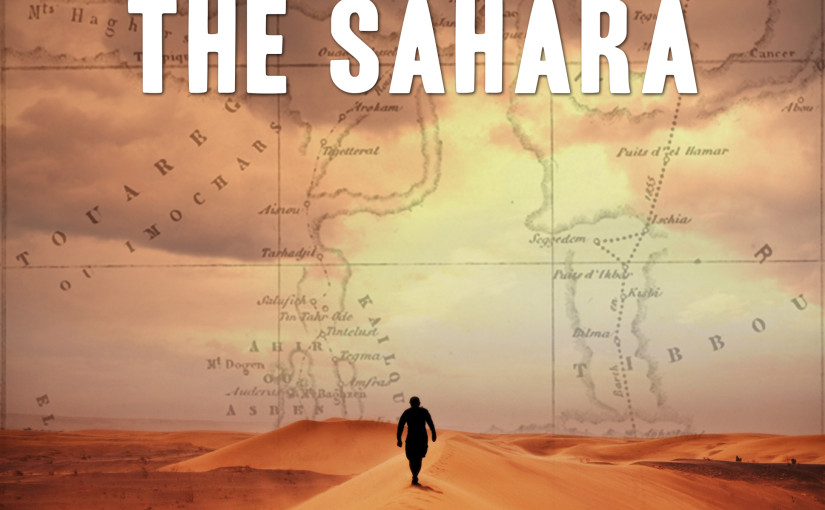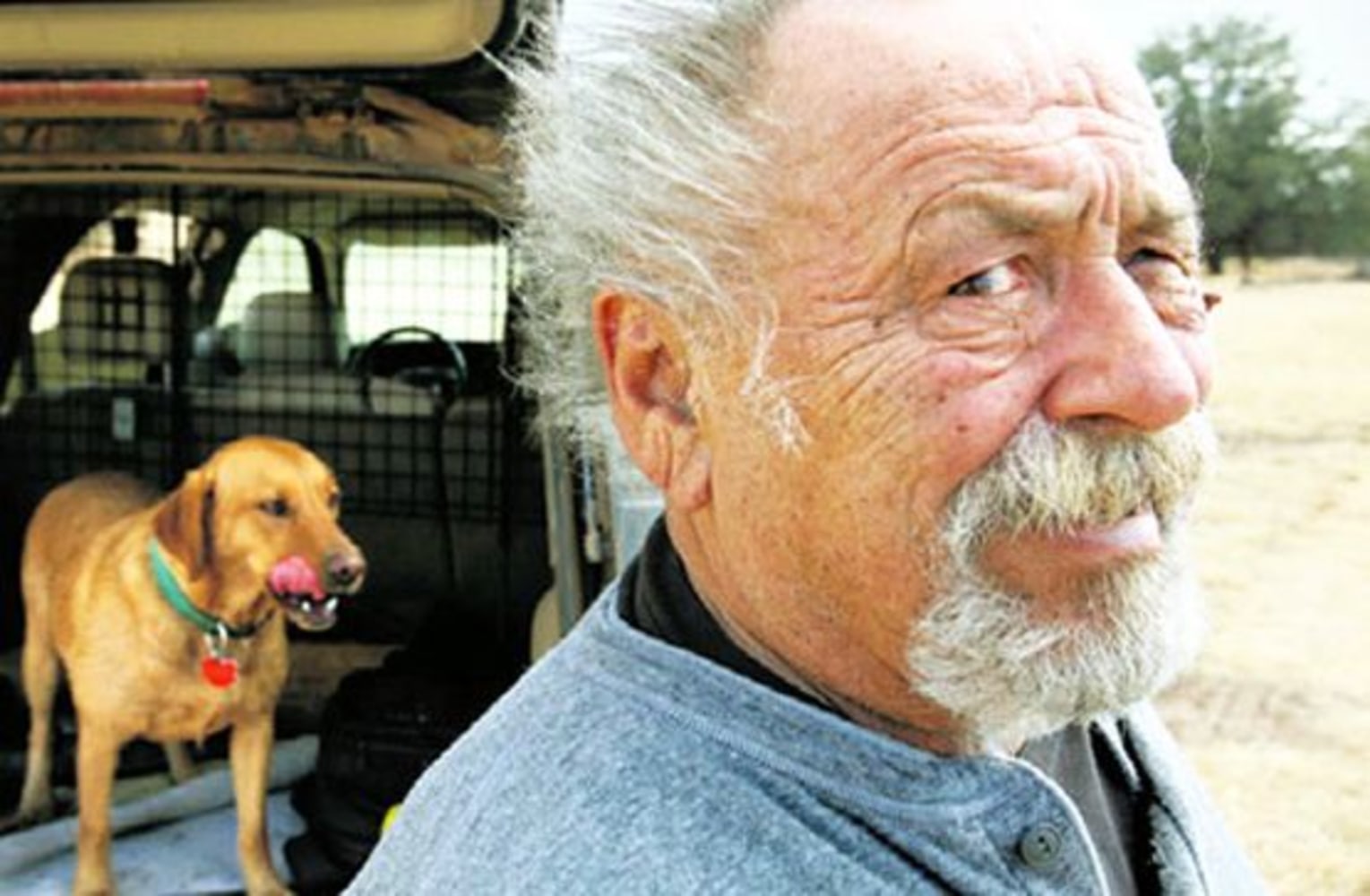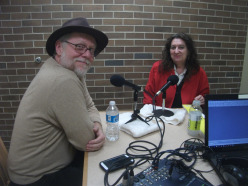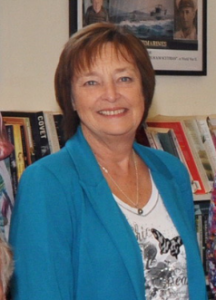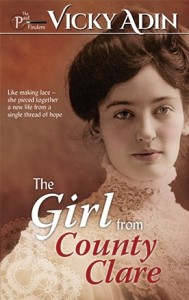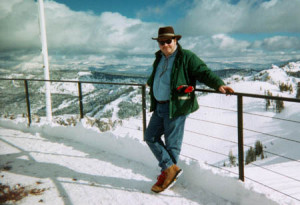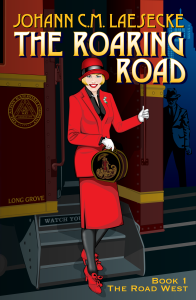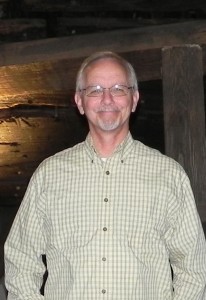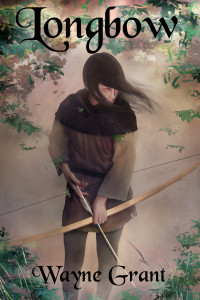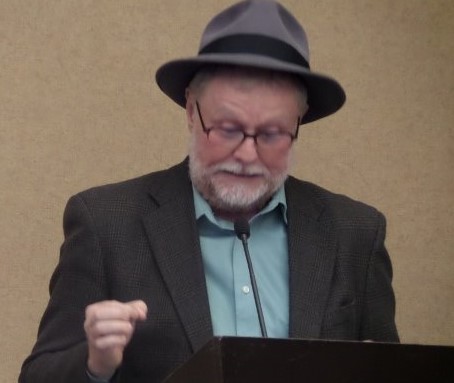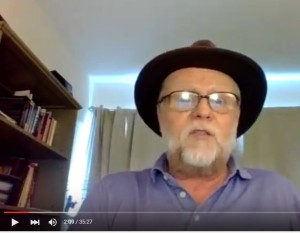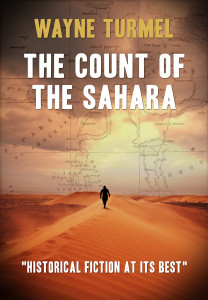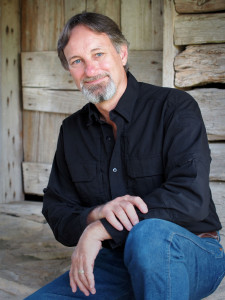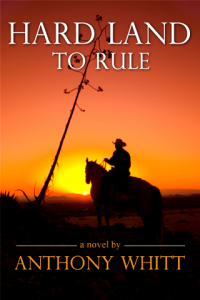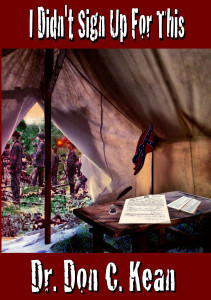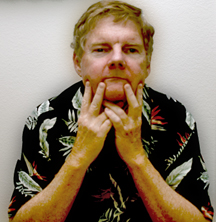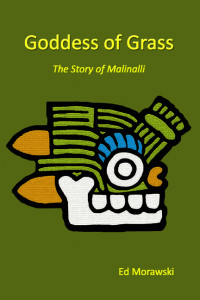You all know my motto: Those who forget the past are doomed to repeat it. The rest of us are doomed too, but get to sit there smugly and say ‘told you so’. With that in mind, it’s easy to forget that the whole “clash of civilizations thing” isn’t new. Not by a long shot. That’s where Julie Anderson’s new book, “Reconquista,” comes in.
So what’s the Julie Anderson story?
I was born in the English midlands, spending much of my childhood in a semi-rural village, yet I have lived in South London with my husband and cats for most of my adult life. We enjoy the cultural life of the city and eating out with their friends, but we also have a home in Andalucia.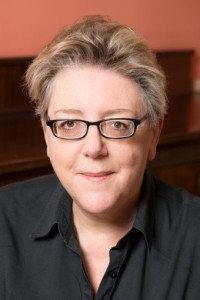
After college I taught English Literature for five years then joined the British Civil Service. I had a fulfilling and successful career, but took early retirement to do what I had always wanted to do. Write.
I set up The Story Bazaar publishing imprint to publish my own writing and that of others. This year it is publishing books by several writers besides me, fiction and memoir. My first publication was ‘The Village; A Year in Twelve Tales’ my own first collection of short stories. My second ‘The Story Bazaar 2015’ was a compendium of articles, fiction and blog pieces from the web-site by myself and other regular contributors. My new book is ‘Reconquista’, an adventure story and the first in the Al Andalus series.
I blog under the name ‘JulieJ’, at www.thestorybazaar.com . I report on cultural events and exhibitions in London, places and people of historical interest, life and events in southern Spain and writing and publishing.
This is a fascinating time period, and very relevant to today. What’s “Reconquista” about?
‘Reconquista’ is an adventure story set in 13th century Al Andalus ( Spain ) during the campaigns of the Christian north to re-conquer the rich southlands from the Moors. The book opens on 9th October 1264. Outside the walled city of Jerez an army waits the signal to attack. Within the city walls, for fourteen year old Nathan, his older cousin, Rebecca and their friend, Atta, events are about to change their lives forever. Their city is about to fall and everything they have always known will be questioned.
Across a war-torn Al Andalus King and Emir vie for supremacy and bandits and pirates roam land and sea in their wake. Our heroes set out on their own desperate journeys to find freedom and safety. But, if they are to succeed, they must first face down their fears and decide what sort of people they want to be. In short, each of them has to grow up, but they have lots of adventures along the way.
So why does this story grab you? What is it about this period in time?
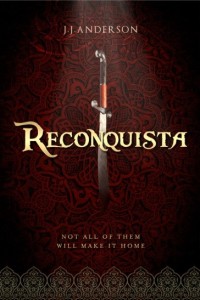
The book began, ten or more years ago, as a serial story for my nephew and god-son. We have a home in Jerez de la Frontera, Spain and my nephew was about to visit there for the first time. I wanted to engage him in the history and romance of the place, so I wrote an adventure story, delivering ‘episodes’ on a gradual basis. He’s nearly twenty two now and the story which I wrote for him has changed out of all recognition.
The period is an intriguing one and full of stories of real heroes, El Cid, for example, but the truth is often more interesting than the legend. So, even though the Reconquest is presented as a religious war, in fact, lots of towns and cities changed sides, depending on circumstances rather than religion. El Cid himself fought for Muslim cities as well as for the Christians and, sometimes, on his own account. It was the time of ‘convivencia’ or people of different faiths living together in relative tolerance. But there was a contrast between this attitude and the religious piety and zealotry also in evidence from various sets of ‘invaders’ not just the Christian north but also the Muslims from across the Straits of Hercules (Gibraltar). Yet ordinary life went on. I wanted to write about ordinary young people, growing up in extra-ordinary times.
And the subject matter has become ever more relevant. Right now Europe is facing the largest migration of people since the Second World War, with refugees risking their lives to get here and putting strain on services and the social fabric when they do. People are fleeing from war and terrorism. The US also has a constant influx of people entering illegally from Latin America. I hope that readers of my book might look with some understanding and compassion on the TV pictures of weeping and frightened people waiting at Europe’s borders once they have read ‘Reconquista’.
You have a very active Social Media life. How can people find you?
Besides my blog, they can reach me at:
Facebook: https://www.facebook.com/JJAnderson-512903848873983/?ref=hl
Twitter: https://twitter.com/jjstorybazaar
Goodreads: https://www.goodreads.com/author/show/13818437Julie_Anderson
Pinterest: https://uk.pinterest.com/andersonjulie4/
Amazon Author Page: www.amazon.com/author/andersonjuliej
